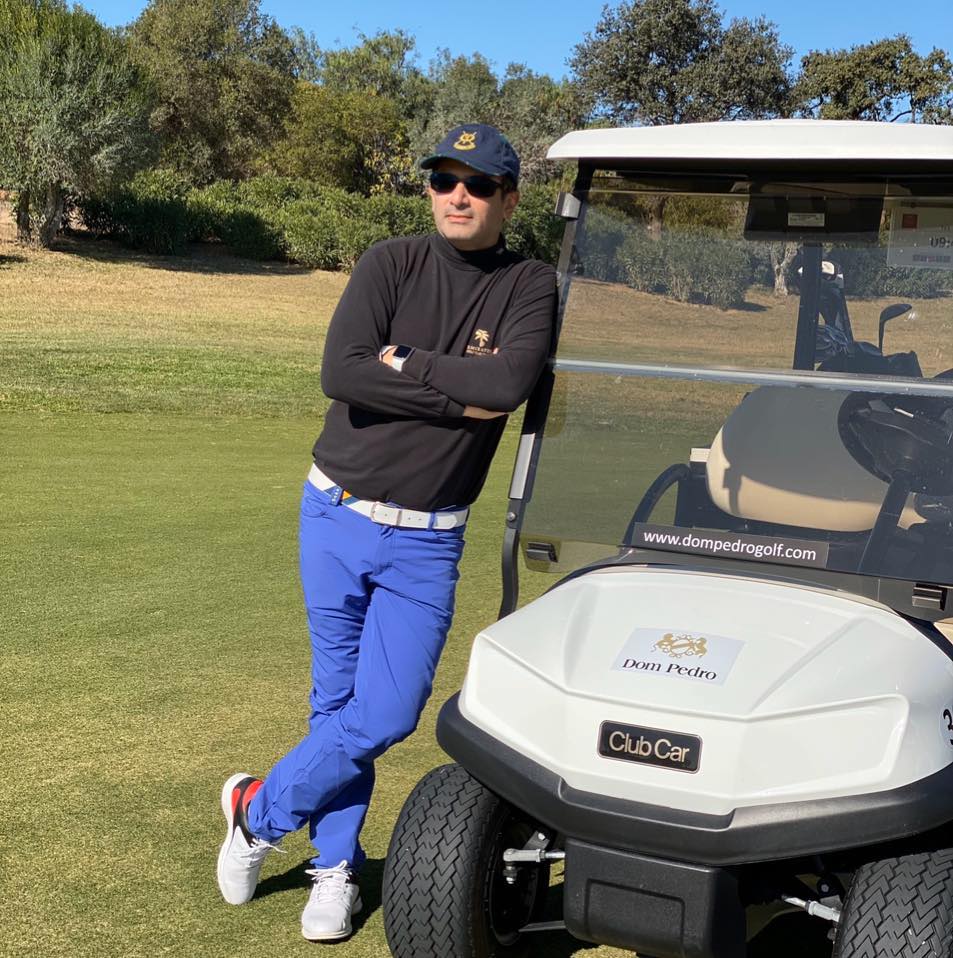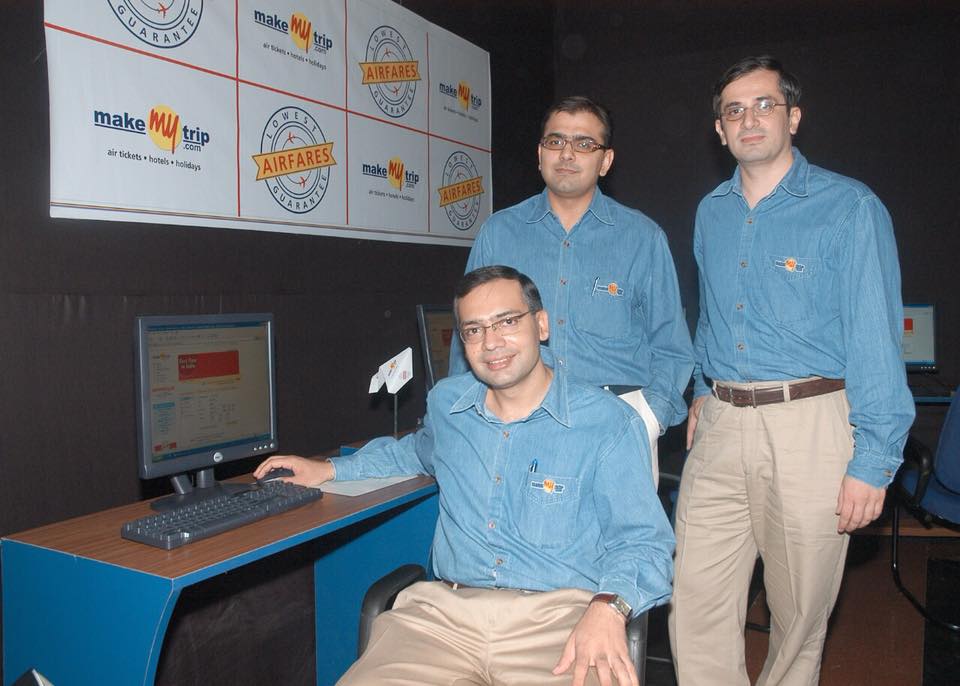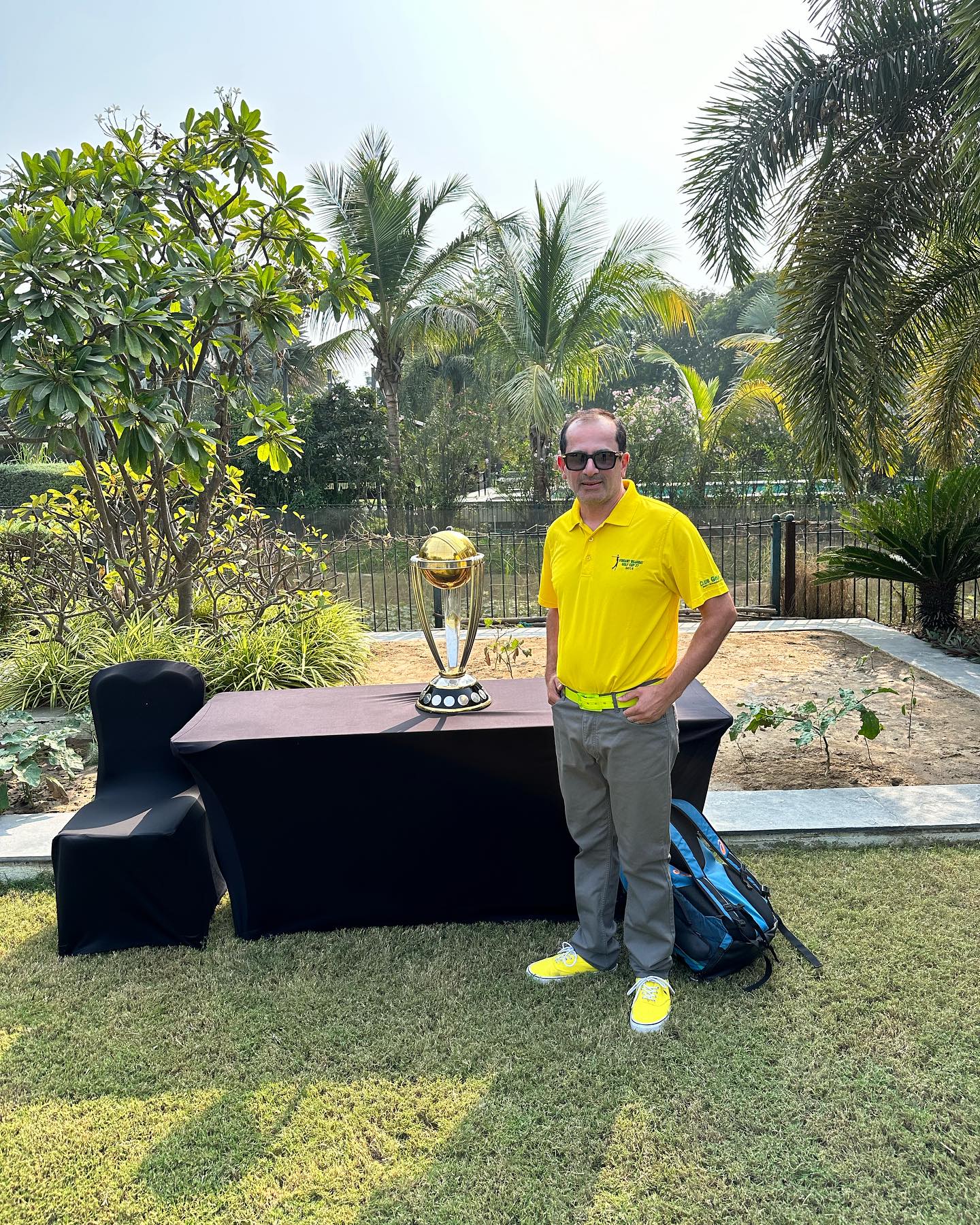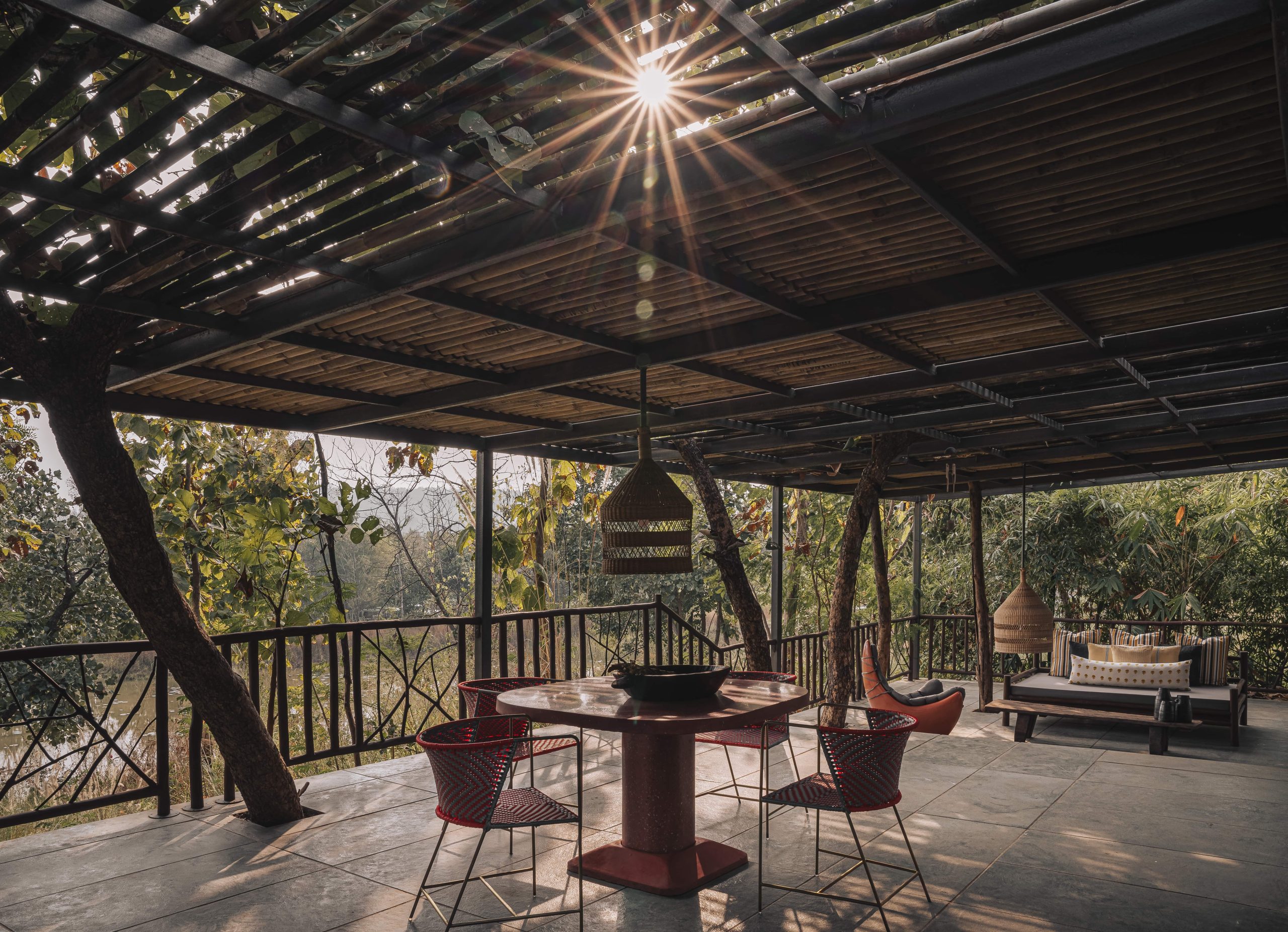(January 29, 2024) As the co-founder and COO of Make My Trip, Keyur Joshi has seen a 360-degree change in the Indian hospitality and tourism sectors. What was a totally unorganised sector has now grown into one of India’s fastest-growing areas, with a record number of Indians travelling like never before. The entrepreneur has now taken an interesting turn in his journey with the launch of Wildlife Luxuries, a visionary venture set to revolutionise the hospitality industry with a focus on personalised experiences and a commitment to conservation.

Keyur, who grew up in Ahmedabad, has used his experience of nearly three decades in his new venture and brings an unparalleled level of luxury that combines luxury with sustainability in a unique manner.
A wing and a prayer
Belonging to a family that had a business of textile chemicals, his childhood was typical of the 80s: playing cricket with friends, focusing on education, and taking a family holiday once a year. “It was a different era. A socialist India where typically anything you wanted was never available—from Amul cheese to Coca-Cola and even a tennis ball. If you had something, you really treasured it. Interestingly, provision stores too sold cheese by the cube and not a packet! It was a sign of those times,” the entrepreneur recalls, as he connects with Global Indian for an exclusive interview.
After a bachelor’s in chemistry, Keyur went to study at the University of New York in 1994. After finishing his education, he returned to India to work with Tatas at the erstwhile Telco (now Tata Motors). He went back to the US in 1998 to work at a typical travel agency in Seattle at a time when the internet was just taking off and people started to do just a little bit more than mailing, and travel was one of the first big things that took off online.

Keyur with former CEO of Make My Trip, Deep Kalra
A lot of Indians who moved to the US never even considered moving back to India, but Keyur was clear that his heart lay in the land he was born in. The entrepreneur explains, “The American dream never excited me. I saw India as the land of real opportunity. I loved visiting and studying in the US, but India was also the place to settle down because of my knowledge and understanding of the country.”
Keyur moved back to India in 2000 and soon started Make My Trip. He recalls, “A lot of things went wrong with the Internet and travel. 9/11 happened, and there was a lot of flux in the sector. Online was a very niche market; online payment was not possible, and only a few households had a basic dial-up connection.” So Make My Trip strategically focussed on one market that gave them perennial business: Indian NRIs, so the website made a pivot into a firm that catered to Indian residents abroad.
The entrepreneur shares, “The Afghan war and the SARS outbreak ensured that travel was in limbo. But for Indians abroad, it didn’t make a difference, as we tend to make a pilgrimage to our country of birth at least once a year. It helped us stay focused and drive our business.”
The turning point
What changed in 2005 was the advent of India’s first low-cost airline carrier, Deccan Airways, which started flights for as low as Rs 99, something unheard of in the Indian aviation sector. How it helped Make My Trip was that tickets for the airlines were available only online, unlike the previous model of booking through travel agencies. “Flying till then was expensive, with only Air India and Jet Airways being the big players, and fares were high. The implication of Deccan Airways tickets being sold online had great repercussions for the internet industry, including Make My Trip,” shares the entrepreneur.

Also, at the same time, Indian Railways went online, which meant that the internet was being used by the middle class. Soon, Make My Trip received funding of 10 million dollars, and an ecosystem for internet players was born, which saw the advent of other players like Yatra enter the market. Slowly, people started booking hotels online too, and by then, Make My Trip had become a significant player, even being listed on the stock market, For the entrepreneur, the journey was exhilarating. Having seen the industry transform and grow, he quit the company in 2015 to pursue other dreams. He says, “It was a wonderful journey. We started in 2002 with a small office, and now it was time to do something else. One thing I was always fond of was nature and wildlife, and it was time to see if one could do something in that space.”
The one aspect of the hospitality industry that Keyur always wondered about was how the setting seemed stuck in a time warp and the industry was highly standardised. “There was an assembly line approach, like breakfast from 7 am to 10 am, even on New Year’s Day in Goa, without understanding what a guest needs. Hotels refused to use data and technology to enhance the experience.”
A new beginning
Having researched the need to change paradigms in the hospitality industry, the entrepreneur bought land near the Tipeshwar sanctuary in Maharashtra for his venture, Wild Life Luxuries, Tipai. After delays due to COVID, the getaway started operations last year. “I wanted to create a sustainable space that can be personalised. Each traveler wants a different experience while traveling with friends, family, or for business purposes. It’s the same person, but one needs different things depending on their purpose. For example, hotels place wine bottles for guests without even asking if they like a tipple. If you are traveling with kids, I would rather place board games than wine,” the entrepreneur explains.

Tipai – Wildlife Luxuries
Crafting a personalised experience, the entrepreneur is confident in heralding new standards in hospitality. With customisation as its forte, the space offers guests a unique experience. Keyur feels that a new India needs a new style of traveling. He states, “Even till the 90s, people never traveled, and if they did, they opted for the cheapest versions, a train, and second class at that. Now, there are more disposable incomes, and Indians are hooked on Instagram which entices them to explore new places. They want the best, and we need to offer it to them.”
The entrepreneur is now looking at creating his next Tipai. It could be a lake, a mountain, a hill, or a beach, but something that pushes the envelope further!
Take three
- Best vacation ever: I always felt that it is never about the place but about your frame of mind. My best vacation was with family in the Maldives in 2010.
- Most preferred destinations for Indians: Remains Goa.
- A property or group that does hospitality well: The Casino Group of Hotels from Kerala stays true to what they believe in, and their Coconut Lagoon is one of the best properties in India.
Follow Keyur Joshi on Instagram, Twitter, and LinkedIn




